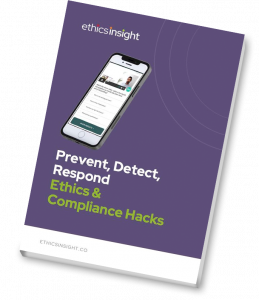
Compliance function best practices (Part 1) – Zeroing in on zero tolerance
Zero tolerance has been a staple of compliance function best practices for many for a long time. But it doesn’t work. A brief sample of searches around zero tolerance vs news headlines highlight the disjoint.






